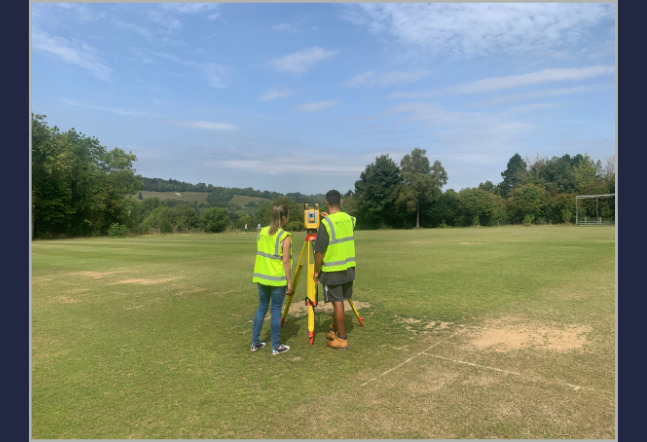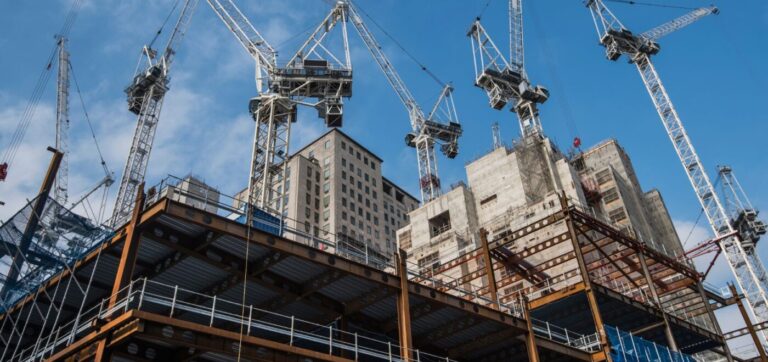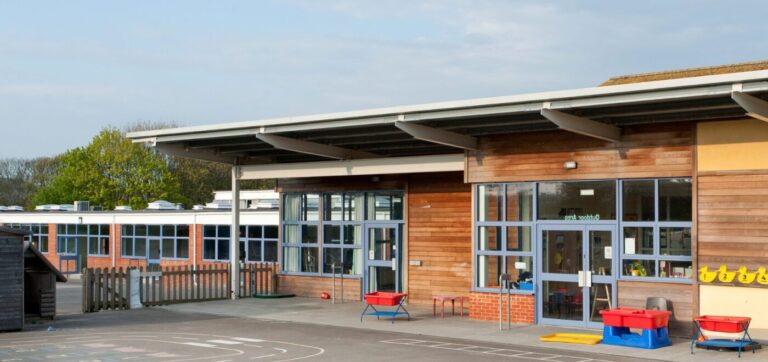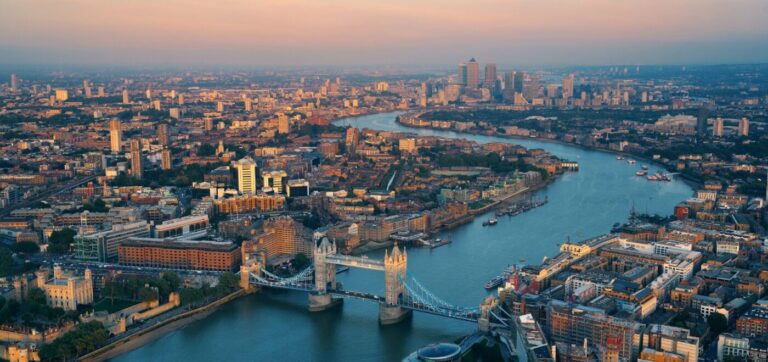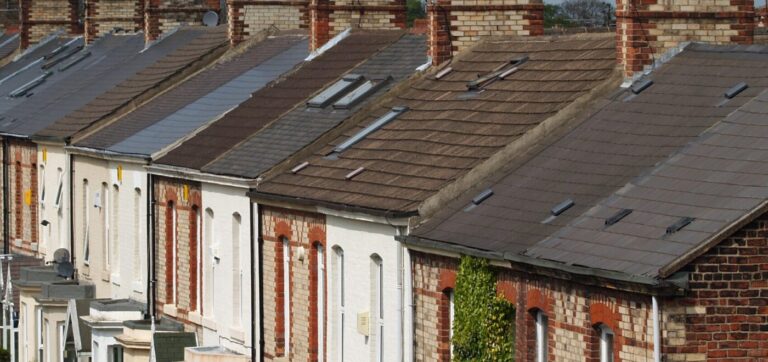INTRODUCTION
Sustainability has been at the forefront of the construction industry for several years now, and the urgency to create healthier and greener spaces continues to grow. This can be seen through a number of our retrofit projects, as well as government-funded schemes like the Social Housing Decarbonisation Fund (SHDF).
In the last few years, the industry has witnessed significant changes in its approach towards sustainability. From conceptual planning to construction practices, the focus has shifted towards environmentally conscious choices, social responsibility, and more efficient use of resources. In this blog post, we will discuss the evolution of sustainability in construction over the last few years while also highlighting the critical role that surveyors play in achieving these goals.
A NEW ERA OF SUSTAINABILITY
Recently the construction industry has gained a greater understanding of the pressing need for sustainability. As a result, the concept of sustainability has undergone a significant shift, moving from a “nice to have” add-on to an essential consideration in all projects. The demand for sustainable practices has grown beyond just energy-efficient and low-carbon solutions. Today, sustainable practices also encompass social responsibility and regenerative practices like retrofitting.
THE ROLE OF SURVEYORS
Surveyors play a critical role in driving the sustainability agenda in the construction industry. As the industry shifts towards sustainability, the role of surveyors broadens beyond just the initial measurements. Today, surveyors provide a wide range of services that contribute to sustainability in the built environment. Whether this is laser scanning and topographical surveys on existing buildings or monitoring and underground utility surveys for new energy-efficient buildings, the surveyor’s role has never been more important!
We’ve selected a few important roles surveyors play below.
1. SITE SELECTION & ANALYSIS
By carefully analysing the topography (topographical surveys) and existing infrastructure (measured building survey) surveyors data can be paramount in the initial planning stages of a new site. Surveyors also contribute to sustainable land-use planning by minimising the impact on natural habitats.
2. WATER & WASTE MANAGEMENT
Surveyor’s information can help consider how to reduce, reuse, and recycle materials. This helps assist in the development of waste and water management plans and in identifying sustainable building materials.
3. SUSTAINABLE DESIGN
Surveyor’s data often leads directly into the design process, ensuring that the building is properly designed to optimise the use of natural light and ventilation. Based on this, architects can advise on sustainable building materials that promote eco-friendliness, durability, and longevity.
4. CONSTRUCTION VERIFICATION ASSESMENT
Surveyors contribute to the life cycle assessment of buildings, considering their environmental and social impacts from construction to demolition. Often, Spatial Dimensions are one of the first teams onsite once construction is complete. Construction verification is checking the accuracy of as-built conditions in construction projects. It has become more prevalent due to clients’ increasing demand for reliable information and the availability of new technologies like laser scanning and BIM.
CONCLUSION
Sustainability has made significant strides in the construction industry in recent years. The shift towards sustainable practices has resulted in the development of innovative technology, design strategies, and construction practices that not only benefit the environment but also create healthier and liveable spaces. Surveyors play a vital role in achieving these goals by providing essential services and then data that can help optimise the use of resources and reduce the carbon footprint of buildings.
At Spatial Dimensions, we are committed to assisting our clients in achieving sustainable goals through accurate measurements, mapping, and modelling services. Our commitment to sustainable practices is reflected in our work as a member of the UK Green Building Council (UK GBC). Our planning and surveying teams also have regular meetings asking how we can improve on this particular area of our work, as we look to contribute to a greener future. Together, let’s continue to push sustainable practices within the construction industry to create a healthier and more sustainable future for all.
